This blog was written by Kayla Malone and Richa Sharma, Student Representatives of the MPhil Education, Globalisation, and International Development Route at the Faculty of Education, University of Cambridge. They have founded the International Education Talk Series to provide a virtual space for students to share their research and discuss issues affecting education worldwide. This blog is part of a series from the REAL Centre reflecting on the impacts of the current COVID-19 pandemic on research work on international education and development.
Education around the world has been disrupted as a result of the global COVID-19 pandemic – from pre-primary level in Ethiopia, to basic education in Ghana, to higher education in Syria. Higher education in the UK has also been affected – a group of MPhil students from the University of Cambridge reflect here on how their fieldwork has been affected and how they are adapting to their new realities.
Our ‘new normal’ began in mid-March with cancelled flights, unexpected travels, and the realisation that the dissertation research we had spent months planning had to suddenly be changed. We once thought our cohort would come back together in Cambridge after our fieldwork. Now, we are spread out all over the world, coping, adapting, re-thinking, and trying to remain virtually connected with each other.
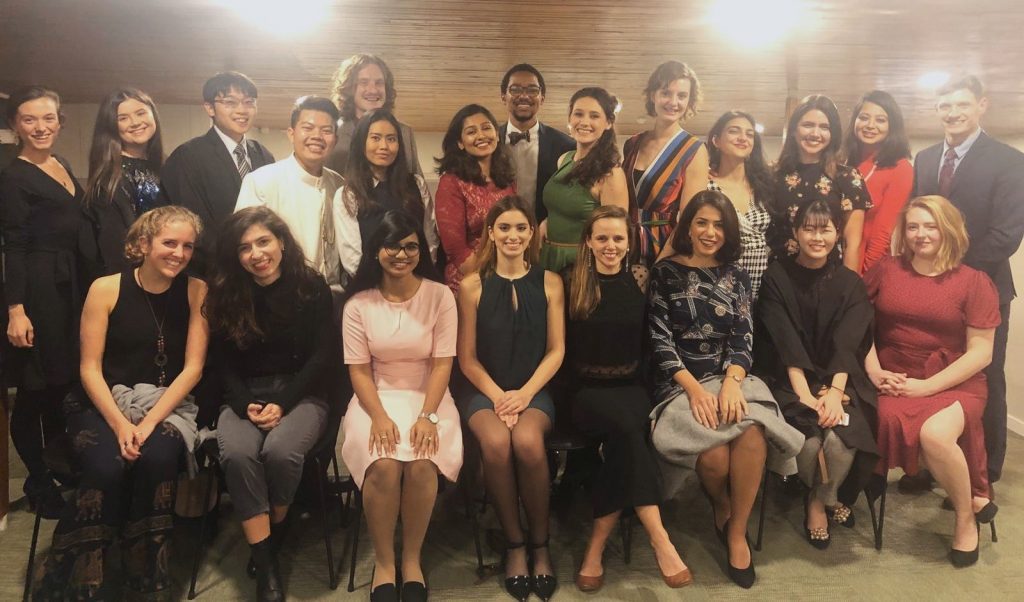
The Education, Globalisation, and International Development cohort at a formal dinner hosted by Clare Hall, University of Cambridge. Photo Credit: Maria Fernandes Rodriguez
Reflecting on our own experiences, what was meant to be a field trip to India for Kayla to explore student perceptions of intelligence has now turned into a textual analysis of eugenic influence in Rajasthan’s secondary school textbooks. Meanwhile, Richa’s ‘field’ has turned virtual. Instead of observing climate strikes across the UK in person, she is now drawing upon ‘netnography’ to observe events and digital strikes hosted by youth-led climate networks, and to interview young activists’ on the climate change education they desire.
Tackling timely topics
COVID-19 has posed unique challenges to education around the world. It is difficult to fully separate oneself from the pandemic. Therefore, several of our classmates readjusted their topics to address the impact of the coronavirus on different aspects of education.
Simone Eringfeld’s original plan to conduct fieldwork in Uganda has turned into an exploration of ‘podcasting’ as an elicitation device in interviews. Through her podcast, she now explores how students and academics at the University of Cambridge respond to the pandemic and how the Cambridge community can reimagine higher education in ‘post-coronial’ society. For Simone, initiating her podcast Cambridge Quaranchats not only helped her tackle her own writer’s block but is also a source of comfort and easy listening for many others. Eringfeld says, “I couldn’t focus on reading or writing after the lockdown started. I was getting a lot more comfort from talking to other students who are experiencing similar issues, by exchanging advice on how to stay sane in times of isolation. I realised that the podcast is a way of having intimate, casual conversations with people while sharing them with a larger audience.”
Abby Salamone’s research also changed drastically in response to the pandemic. As Abby, who is now back in the United States, shares, “I was originally going to do photovoice exercises with students in Varanasi, India, which I would use to conduct follow up interviews. Instead, I am interviewing community leaders from the US, Taiwan and India and using narrative analysis to connect their stories and experiences with larger themes of leadership, community education, and responses to the pandemic.” Abby is using storytelling in order to ‘humanise’ the research process and to understand the lived experiences of these community leaders.
Re-imagining methodologies
In other cases, where fieldwork plans were disrupted, classmates rose to the challenge of innovating on their research methodologies. Many are now relying on online video interviews using platforms such as Zoom, Google Meet, and Skype. Angana Das, who arrived in India a day before the national lockdown was announced, is using narrative analysis to understand the implementation of the Happiness Curriculum in New Delhi state schools. She chose to substitute classroom observations and in-person student interviews with online interviews with teachers. Jon Hauser feels that using video chat enabled him to connect with research participants across more French provinces than he had envisaged, for his study with university students on the making of French-Muslim identity in France.
To better understand former volunteers’ perceptions of access to and quality of education for refugees in temporary camps in Greece, Amarissa Ostmo created online Concept Maps with her participants to help visualise their experiences and perceptions. Kana Aizawa, who was originally meant to travel to Botswana to interview local teachers to discuss quality education, reimagined her research once she was back in Japan. According to Kana, inspired by her own internship experience in Botwana, “I seek to find what quality education means in the context of Botswana and how international volunteers can contribute to actualising it” through analysis of government documents and online interviews with Japanese volunteers.
Phoenix Kenney is undertaking a social media analysis to investigate how youth-led organisations used Facebook to encourage youth participation in relief and recovery work in the context of the 2015 Nepal Earthquake.
Innovations and peer-to-peer support
Our strength as a cohort has always been our collaboration. Our WhatsApp group ‘EGID Stars 2019’ (EGID relates to the Education, Globalisation and International Development course), is constantly abuzz with words of encouragement, expressions of support, helpful academic and wellbeing resources, birthday wishes, and virtual events to attend. As a cohort, we have had to find new ways to offer support to one another. When people expressed hesitations about conducting online interviews on our WhatsApp group, Amarissa Ostmo, was quick to offer a web-session to share best practices for conducting interviews through video chat.
The International Education Talk Series also serves as a space for us to reunite as an educational community with the larger Faculty of Education.
A highlight of our week is now coming together as a group every Saturday for our virtual EGID Isolation Chats, but there is one very special rule: no dissertation talk.

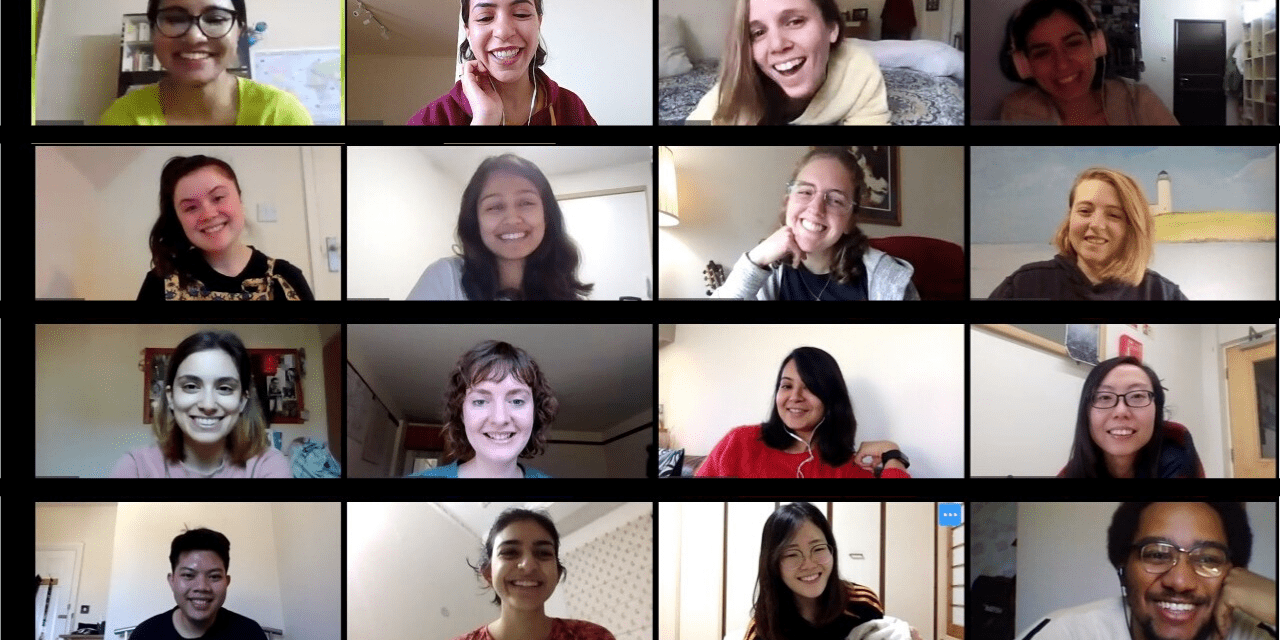
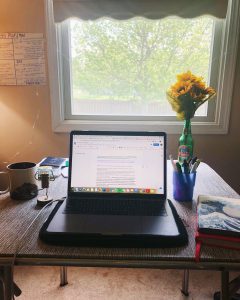
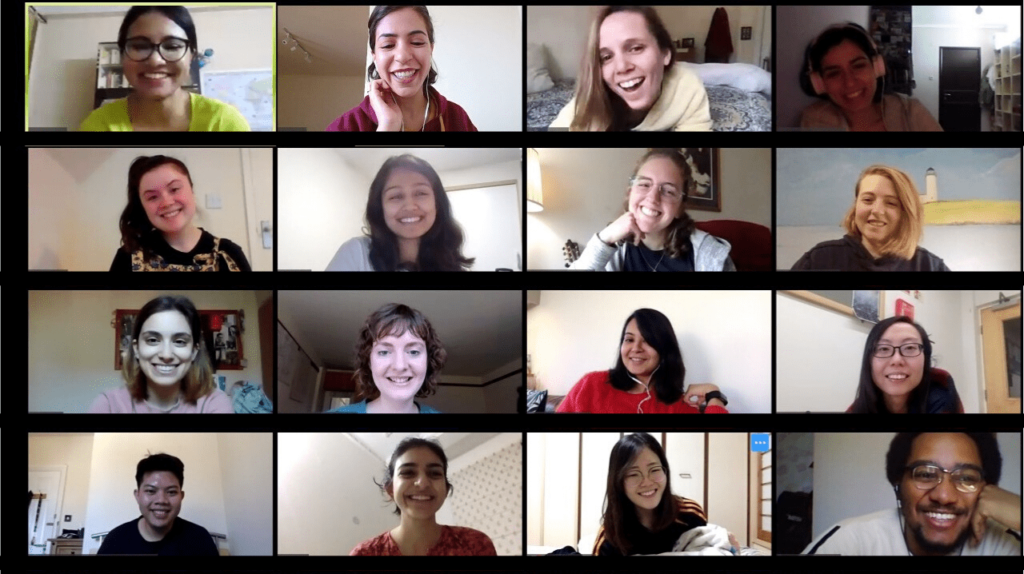
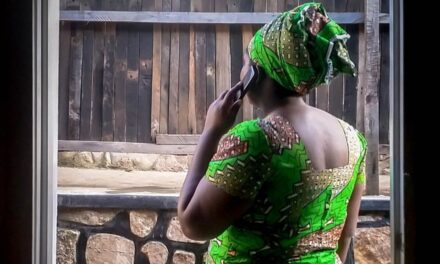
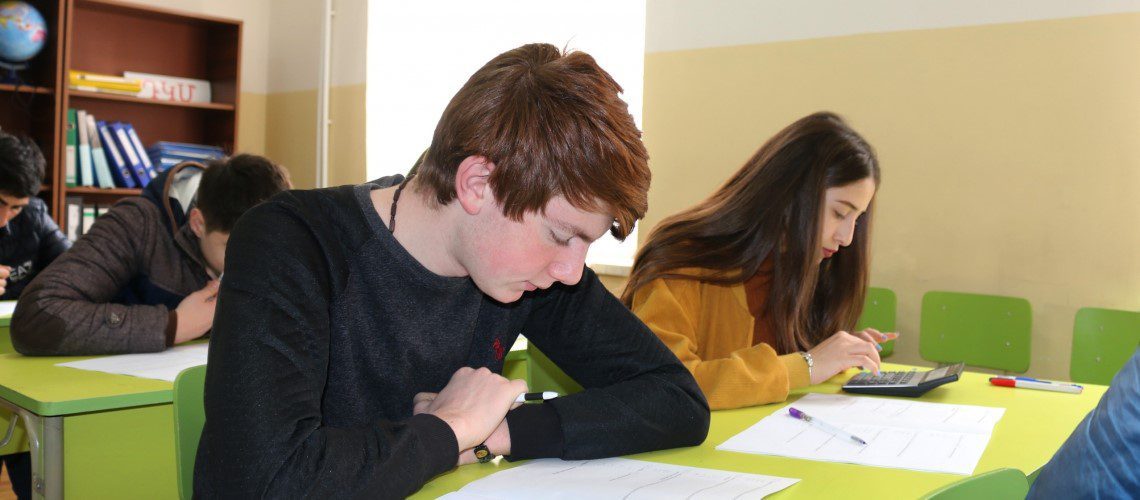
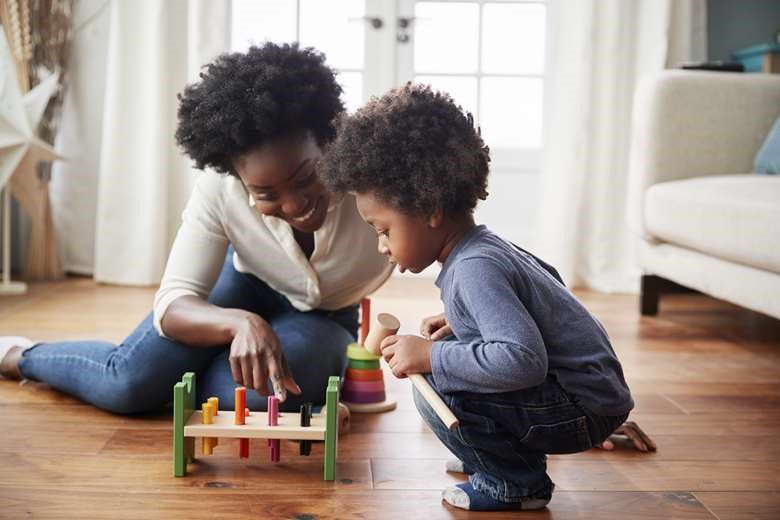
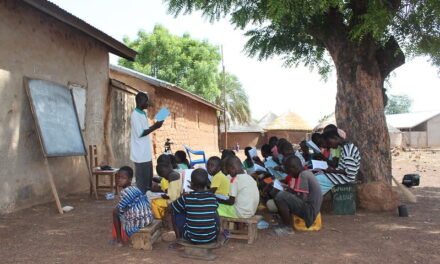
Great read – thanks for sharing this. Would be interesting to consider whether these innovations in research become the ‘new norm’ and the opportunities, challenges and dilemmas they present…